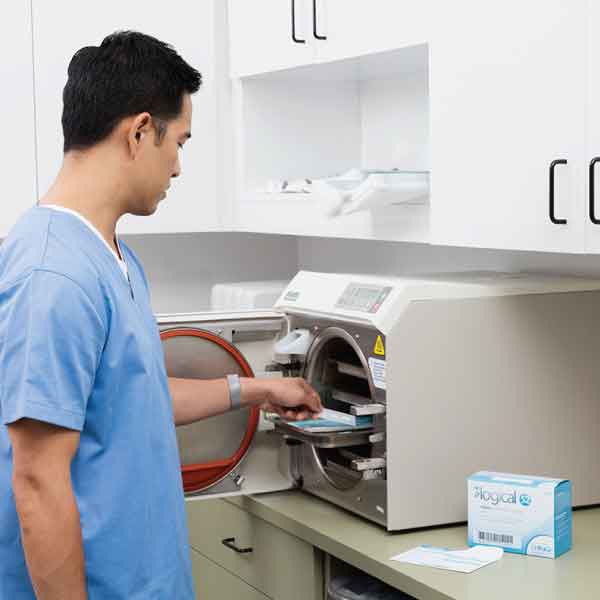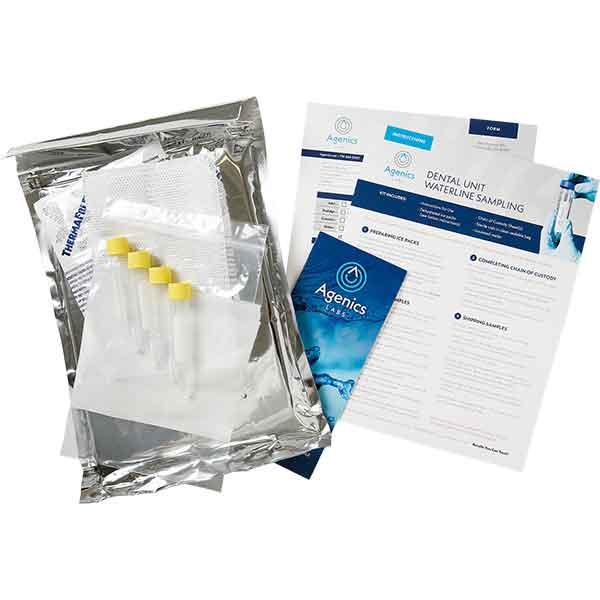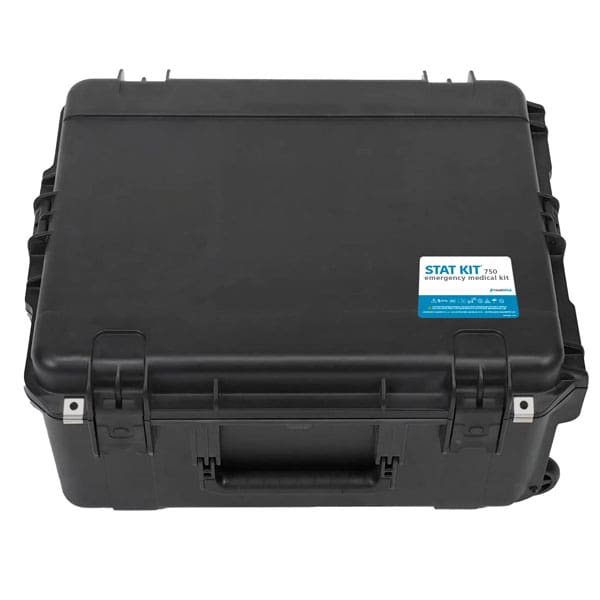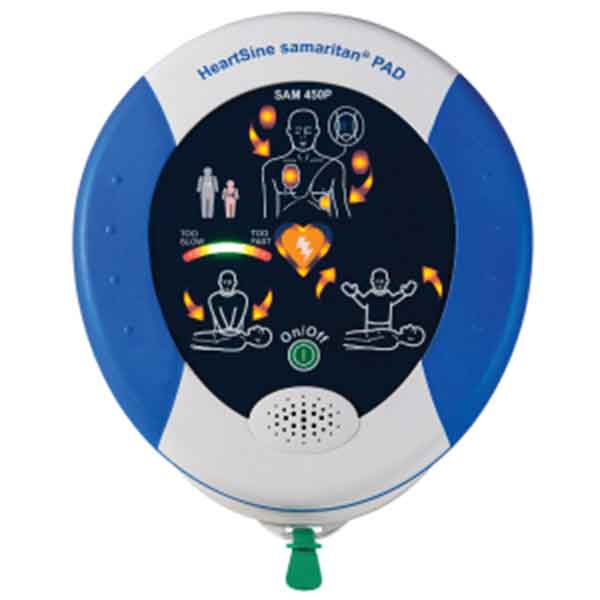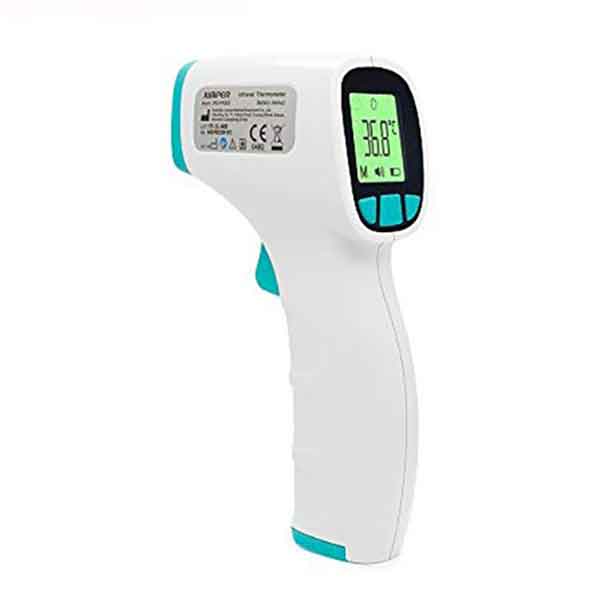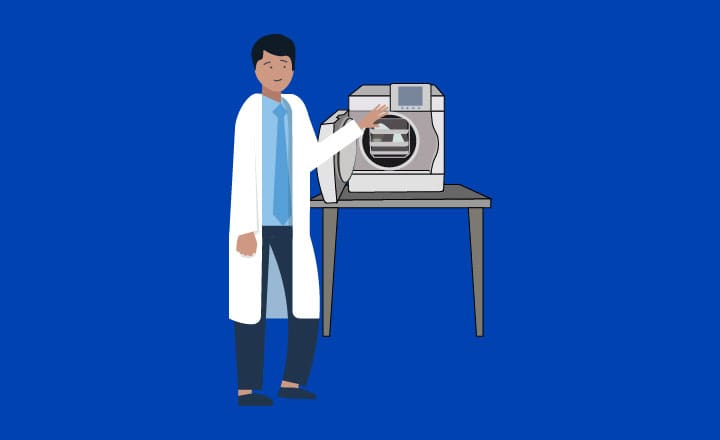Biological monitoring, or spore testing, is an important part of an infection prevention program. Using a mail-in spore testing product is the easiest, most cost-effective way to ensure your practice regularly completes CDC-recommended biological testing procedures. And by using mail-in testing, an outside lab is verifying your weekly spore test results, which gives you third-party verification.
The evaluation process takes place in an FDA regulated facility. This means that if certain criteria are not met, you might receive an invalid spore test result. So it’s important to meet the criteria! Let’s take a moment to review the five most common reasons a spore test might be marked invalid.
Test Cycle Began 30+ Days Before Lab Received It
The lab must receive the spore test within 30 days of its start date or it will automatically be marked invalid. Keep in mind that the lab cannot change the date the tester records, even if there’s an obvious mistake. Say you wrote down 2016 when you obviously meant 2017. Well, that’s unfortunate—but by FDA regulation, the lab can’t change the date for you. Expect an invalid test result.
Expired Test Envelope
All mail-in test envelopes have a stated expiration date. If the envelope has expired prior to the test date, then the test is invalid. Watch those expiration dates!
Forgot to Include the Spore Strips
The test requires a test strip and a control strip to be in the envelope. The control strip should always stay in the envelope, but some forget to place the test strip back in the envelope prior to mailing. Be sure to put the test strip back in the envelope prior to sending or your test is invalid.
Two Sterilizer Serial Numbers
Some offices have more than one sterilizer. Be sure you are referencing only one serial number on the test envelope. One serial number for one sterilizer—more than that, and the test lab will not know which autoclave was tested.
Blue Protective Sleeve on Test Strip Removed
Don’t remove the test strip from the blue sleeve—we mean the blue glassine protective sleeve. If you remove it, the test will be immediately invalid.
Now You Know
Your infectious disease prevention isn’t complete without an accurate, effective spore test. In fact, the CDC recommends you perform spore tests once a week, and most states have their own, more stringent requirements.
































